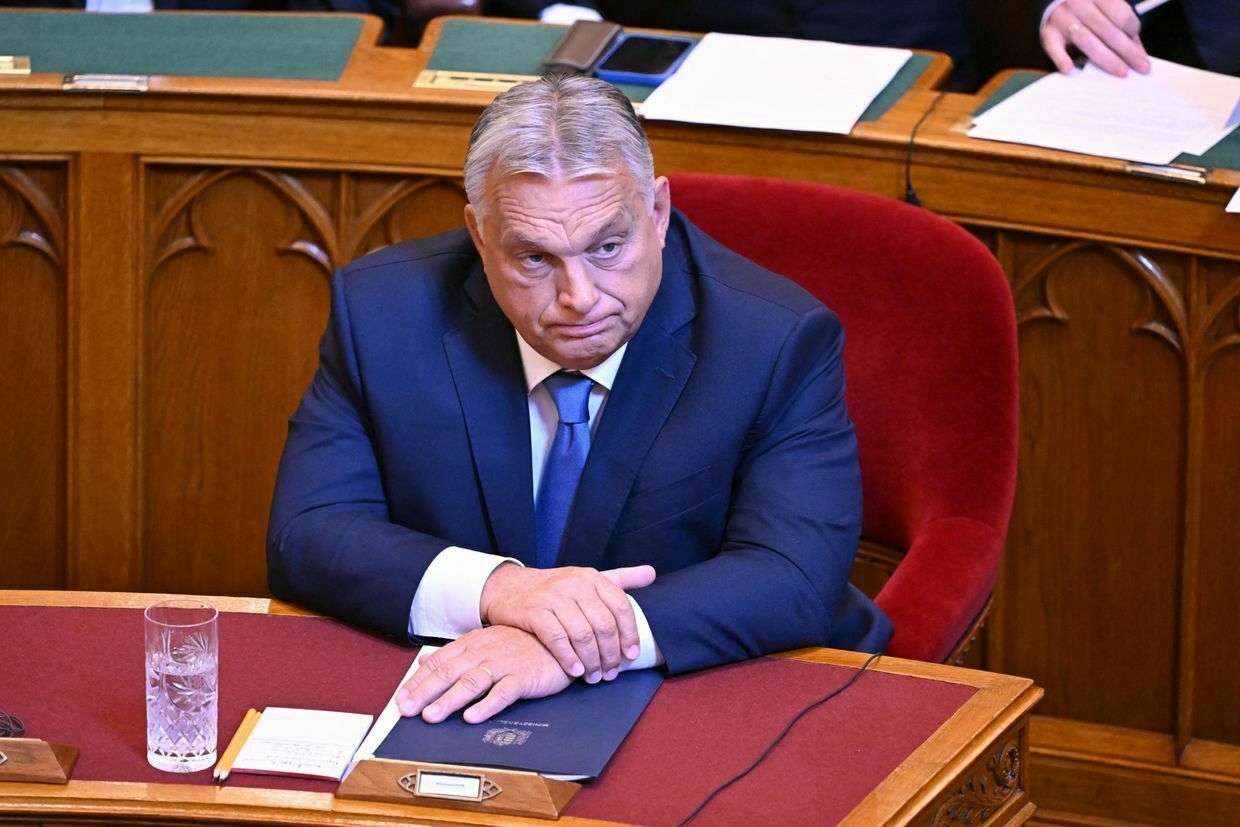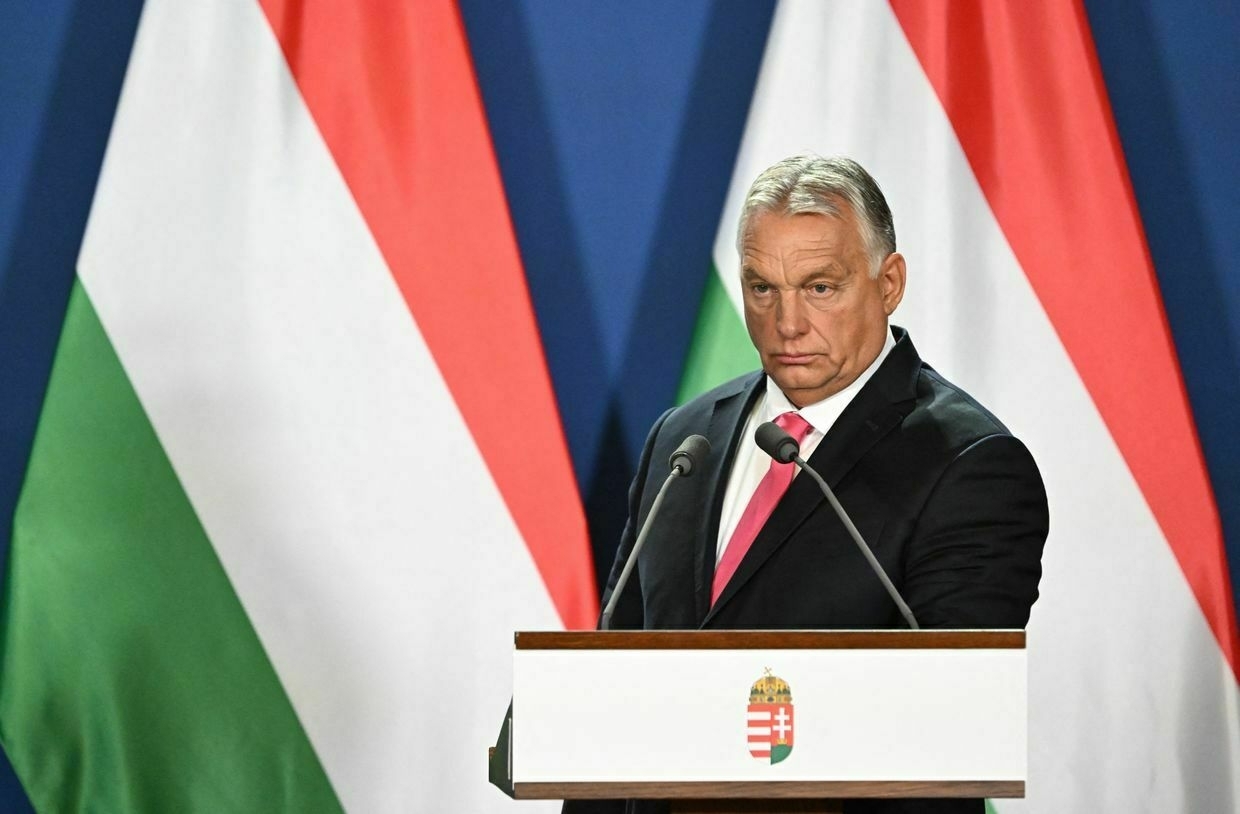
The European Union may impose capital controls and tariffs on Russia if Hungary blocks the extension of economic sanctions against Moscow, the Financial Times (FT) reported on May 13, citing its undisclosed sources.
The news comes as Ukraine’s European allies have signaled their commitment to increase sanctions pressure on Russia if it does not agree to a ceasefire soon.
The European Commission has informed member states that a large part of the sanctions, including the frozen 200 billion euro ($222 billion) in Russian state assets, could be moved to a different legal basis to circumvent Budapest’s veto, five officials told the FT.
Hungarian Prime Minister Viktor Orban, one of the most Russia-friendly European leaders, has repeatedly obstructed sanctions on Moscow and threatened to veto the extension of economic restrictions, including import bans and price caps in sectors such as energy.
Some of the sanctions will expire at the end of July unless all 27 EU member states agree on an extension.
Brussels is reportedly considering methods for bypassing Budapest’s veto that would require only a majority of EU countries to extend sanctions. Capital controls that would stop cash flows to Russia and trade measures such as tariffs are two options that the European Commission has mentioned in recent weeks, officials said.
The EU has been discussing ways of preventing Hungary from derailing the extension of sanctions for months. According to Radio Free Europe/Radio Liberty (RFE/RL), other options on the table include leaving the sanctions in effect without the formal extension through a legal loophole.
Brussels may also consider not actually adopting the upcoming 17th package of sanctions but instead “horse-trading” with Hungary for its extension, RFE/RL reported.
Germany previously threatened to introduce new sanctions on Moscow in coordination with European partners if it did not implement a ceasefire by the end of May 12. The EU also plans to unveil another round of sanctions against Russia on May 14, an EU official told the Kyiv Independent.
Russian President Vladimir Putin countered the allied demand for a ceasefire by inviting Ukraine to participate in direct negotiations in Istanbul starting May 15. According to Kremlin aide Yuri Ushakov, these talks would be based on the terms of the 2022 Istanbul discussions and the “current situation on the battlefield."
President Volodymyr Zelensky said he was prepared to meet Putin in Turkey and has reiterated the demand for a full and unconditional ceasefire.
 The Kyiv IndependentYuliia Taradiuk
The Kyiv IndependentYuliia Taradiuk
